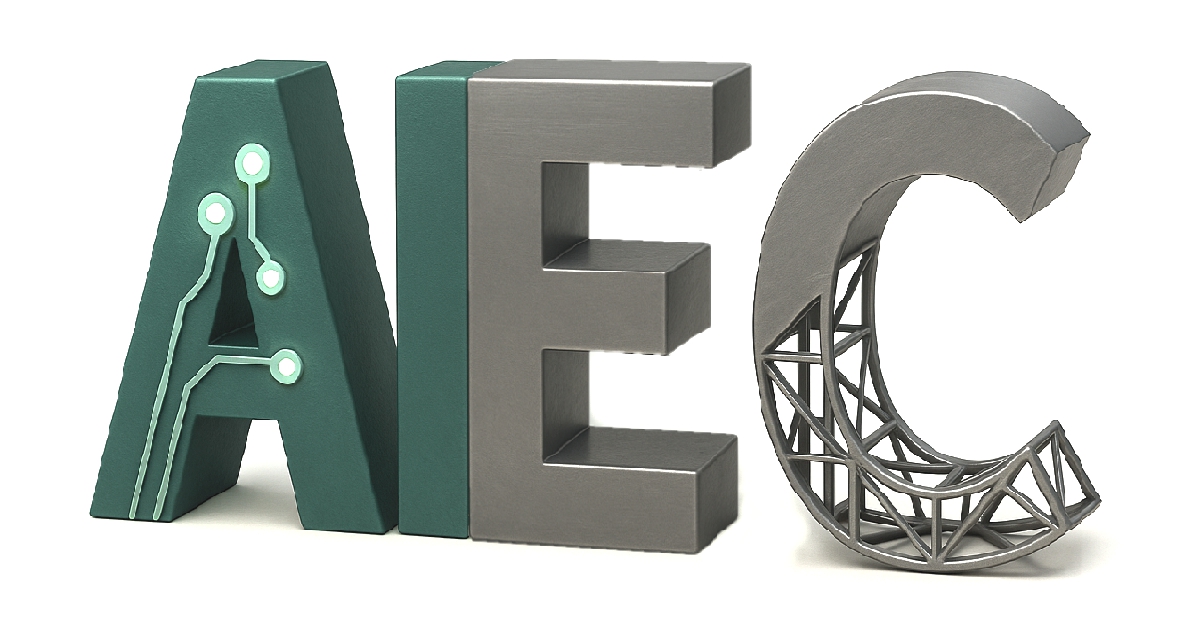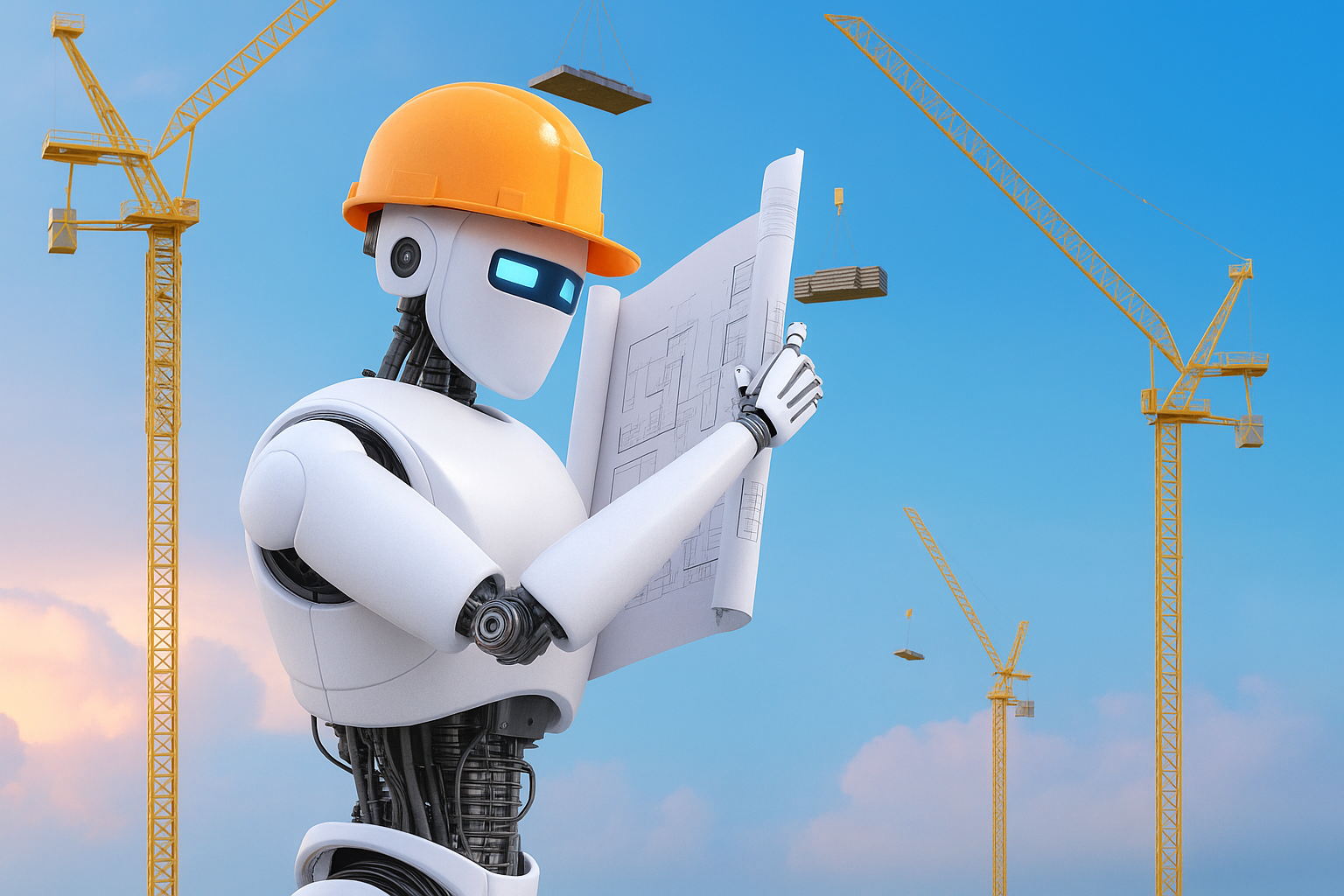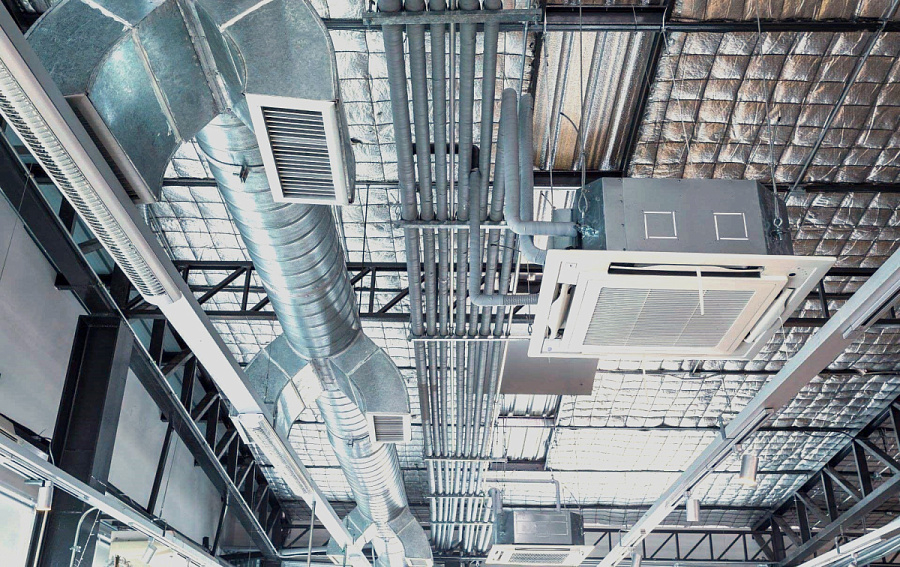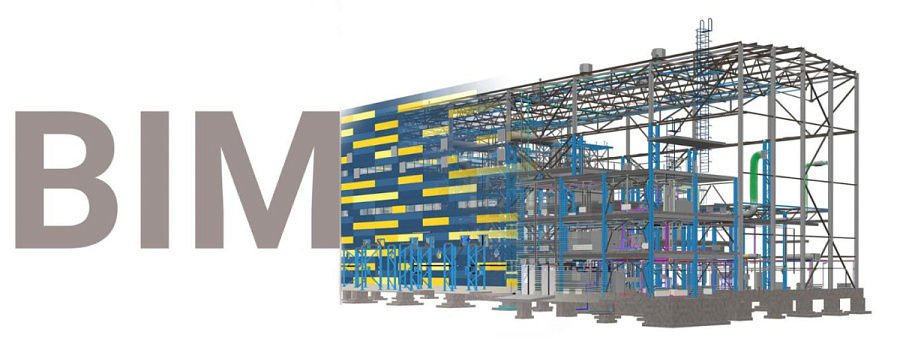Transforming Architecture, Engineering, and Construction with AI
The Architecture, Engineering, and Construction (AEC) industry is on the brink of a technological revolution. Artificial intelligence (AI) is transforming how projects are designed, planned, and executed, making the entire process more efficient and innovative. This transformation is not just a future possibility; it's happening now, and by 2025, AI will be even more deeply embedded in the AEC industry. Let's explore how AI is reshaping this sector and what it means for the future.
AI in the AEC Industry: A New Era
AI technologies are being integrated into the AEC industry to streamline processes, reduce costs, and improve the quality of designs. From AI design tools to construction robots, the impact of AI is profound.
The Rise of AI Design Tools
AI design tools are revolutionizing how architects and engineers approach their work. These tools can quickly generate design options based on specific parameters, allowing professionals to explore more ideas in less time. By analyzing vast amounts of data, AI design tools can suggest innovative solutions that a human might not consider.
For example, AI can optimize building layouts for energy efficiency, suggest materials that reduce environmental impact, or create designs that maximize natural light. This level of analysis and creativity was previously unattainable without significant time and effort.
AI in Architecture: A New Way to Build
 AI is also changing the way buildings are constructed. In architecture, AI can assist in creating complex designs with precision and accuracy. With AI, architects can simulate different scenarios to see how a building would perform under various conditions, such as extreme weather events or high foot traffic.
AI is also changing the way buildings are constructed. In architecture, AI can assist in creating complex designs with precision and accuracy. With AI, architects can simulate different scenarios to see how a building would perform under various conditions, such as extreme weather events or high foot traffic.
Additionally, AI-powered tools can automate repetitive tasks, allowing architects to focus on more creative aspects of design. This not only speeds up the process but also enhances the overall quality of the work.
AI in Engineering: Boosting Efficiency and Innovation
Engineering is another area where AI is making significant strides. AI technologies are helping engineers optimize designs, predict maintenance needs, and improve safety.
Predictive Maintenance and Safety
One of the most exciting applications of AI in engineering is predictive maintenance. By analyzing data from sensors embedded in structures, AI can predict when a component is likely to fail and schedule maintenance before a problem occurs. This proactive approach reduces downtime and extends the lifespan of buildings and infrastructure.
AI can also enhance safety on construction sites. AI-powered systems can monitor sites in real-time to identify potential hazards and alert workers to take precautionary measures. This reduces the risk of accidents and ensures a safer working environment.
Enhancing Collaboration with AI
AI is also improving collaboration between different stakeholders in the AEC industry. By providing a centralized platform for sharing data and insights, AI technologies enable architects, engineers, and construction managers to work more closely together. This leads to better communication, fewer misunderstandings, and more successful projects.
The Future of AI in the AEC Industry
The future of AI in the AEC industry looks promising. As AI technologies continue to evolve, their applications will become even more sophisticated and widespread.
AI in AEC 2025: What's Next?
By 2025, AI is expected to be an integral part of the AEC industry. Here are some predictions for how AI will shape the future:
-
Smart Cities: AI will play a crucial role in developing smart cities, where infrastructure is interconnected and optimized for efficiency and sustainability.
-
Sustainable Design: AI will continue to drive sustainable design practices by identifying new materials and construction methods that minimize environmental impact.
-
Automation in Construction: Robotics and AI will automate more construction tasks, leading to faster project completion times and reduced labor costs.
-
AI-Driven Decision Making: AI will assist in decision-making processes by providing real-time data and analytics, helping stakeholders make informed choices.

Overcoming Challenges with AI
While AI offers many benefits, there are also challenges to overcome. Data privacy and security, ethical considerations, and the need for skilled professionals to manage AI systems are some of the issues that the industry must address.
Embracing AI in the AEC Industry
The integration of AI into the AEC industry is transforming how we design, build, and maintain our world. By embracing AI technologies, professionals in the architecture, engineering, and construction sectors can enhance efficiency, creativity, and sustainability.
As we look to the future, it's clear that AI will continue to play a pivotal role in shaping the AEC industry. By staying informed and adopting AI-driven solutions, professionals can stay ahead of the curve and contribute to building a better, more innovative world.






